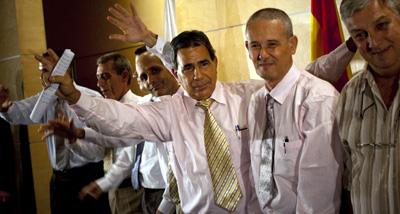
CPJ Impact
News from the Committee to Protect Journalists, July 2010Cuba begins releasing journalists For weeks, CPJ staff had been getting hints that Cuba, under a deal brokered by the Catholic Church and Spanish government, would release imprisoned journalists and political dissidents. Some families had been told to buy suits for their jailed loved ones, a sure…
OSCE summit should address Kazakhstan press record
New York, July 19, 2010—The Committee to Protect Journalists calls on the Organization for Security and Co-operation in Europe (OSCE) to place Kazakhstan’s poor press freedom record on the agenda for its summit planned for later this year. Kazakhstan, the OSCE chair, is scheduled to host the summit in its capital, Astana.
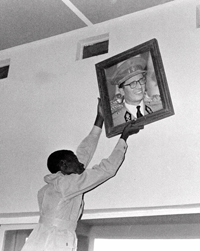
50 years on, Francophone Africa strives for media freedom
CPJ has joined with African press freedom groups to urge African leaders to end repression of the media as they celebrate 50 years since the end of colonial rule. We will publish a series of blogs this week by African journalists reflecting on the checkered history of press freedom over that period.This year is the 50th anniversary of…
Lebanon’s parliament must revise repressive tech bill
New York, June 28, 2010—The Committee to Protect Journalists is alarmed by repressive aspects of a new technology bill that is pending in the Lebanese parliament. CPJ urges parliament to remove several provisions that would restrict press freedom and free expression.

Editor of censored Rwandan paper is assassinated
New York, June 25, 2010—A top editor of an independent Rwandan newspaper that was recently banned by the government was assassinated in front of his home late Thursday, according to local journalists and news reports. An assailant shot Jean-Léonard Rugambage, left, acting editor of Umuvugizi as he drove through the gate of his home in the capital, Kigali,…
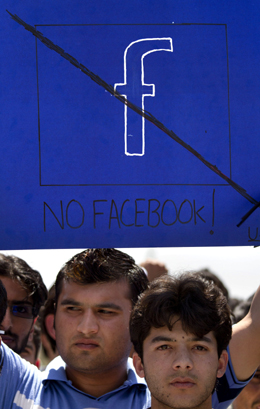
In Pakistan, a censor’s hand in Facebook, Twitter woes?
Last week, users of Facebook and Twitter in Pakistan began reporting a strange security problem. When they visited those sites, they found they were logged in–but with the accounts and privileges of complete strangers. Private Facebook information and Twitter direct messages belonging to other users were viewable, and the surprised Pakistani users had complete control…
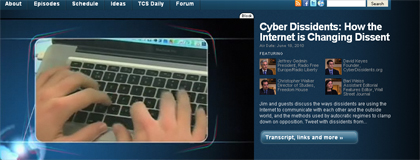
As dissidents move online, governments fight back
Social media and cyber dissidents have exerted a increasing influence on global politics over the last few years—Twitter, for instance, was widely utilized by protesters and journalists during Iran’s 2009 post-election Green Movement, and China has been locked in conflict with Google over allegations of censorship and hacking. “Ideas in Action” with Jim Glassman, a half-hour weekly show on…
The malware lockdown in Havana and Hanoi
General purpose computers give journalists an incredible amount of power to create, research, and publish their work away from those who may wish to interfere. But such independence requires that the computer itself remain free and uncompromised by software that works against the journalist’s own interests.
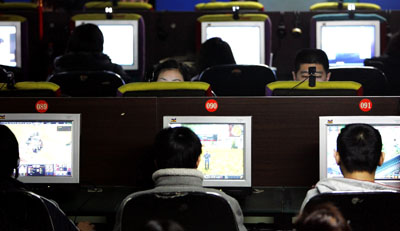
China’s future online policies look a lot like past plans
Monday, in a white paper released by China’s State Council called “The Internet in China,” the government made clear its Internet policies are not changing, stating the obvious: “Laws and regulations clearly prohibit the spread of information that contains content subverting state power, undermining national unity [or] infringing upon national honor and interests.” The State…
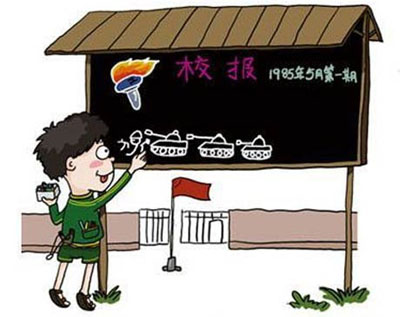
Tank cartoon erased before Tiananmen anniversary
Twenty-one years after the Tiananmen Square crackdown, China’s censors are still working to purge public discourse about the tragic events of June 4, 1989. But some Chinese Web users clearly have a healthy appetite for such a debate and are willing to circumvent the government censors.